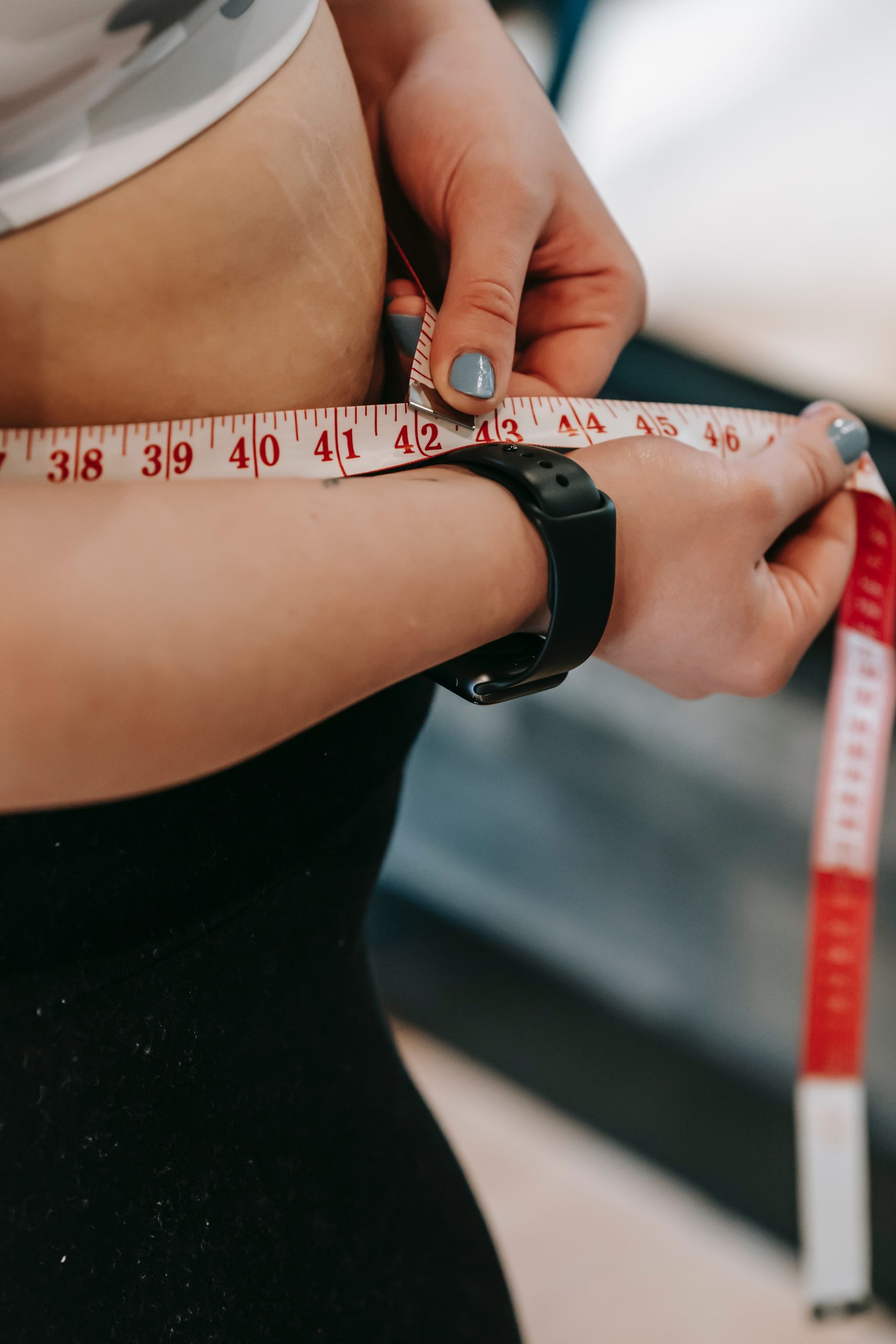Weight Loss Tips for Women: Achieving Your Health Goals
Losing weight is a journey that many women embark upon to improve their health and overall well-being. With the abundance of information available, it’s important to have a clear and effective strategy to achieve your weight loss goals. In this article, we’ll explore some valuable tips and insights specifically tailored to women, helping them on their path to a healthier lifestyle.
Table of Contents
- Introduction
- Understanding the Female Body
- Setting Realistic Goals
- Balanced and Nutrient-rich Diet
- Regular Physical Activity
- Hydration is Key
- Quality Sleep Matters
- Managing Stress
- Incorporating Strength Training
- Mindful Eating Habits
- Social Support and Accountability
- Avoiding Fad Diets
- Listening to Your Body
- Celebrating Non-Scale Victories
- Conclusion
- FAQs
Introduction
Embarking on a weight loss journey requires commitment and dedication. Women often have unique challenges and considerations that influence their weight loss process. By implementing practical strategies and making informed choices, sustainable weight loss becomes achievable.
Understanding the Female Body
Women’s bodies undergo various hormonal changes throughout their lives, which can impact weight management. It’s important to understand these changes and adapt your approach accordingly. Hormones like estrogen and progesterone can influence metabolism and fat storage, so tailoring your diet and exercise routine to these fluctuations can yield better results.
Setting Realistic Goals
While it’s tempting to aim for rapid weight loss, setting realistic goals is crucial. Gradual weight loss is more sustainable and healthier for your body. Aim for losing 1-2 pounds per week, as this steady approach is more likely to lead to long-term success.
Balanced and Nutrient-rich Diet
A well-balanced diet is essential for weight loss. Focus on incorporating a variety of nutrient-rich foods, including lean proteins, whole grains, fruits, vegetables, and healthy fats. Portion control is key, and mindful eating can help prevent overindulgence.
Regular Physical Activity
Engaging in regular physical activity is vital for weight loss. Incorporate both cardiovascular exercises, like walking, jogging, or cycling, and strength training exercises to build lean muscle mass. Aim for at least 150 minutes of moderate-intensity aerobic activity per week.
Hydration is Key
Drinking enough water not only supports overall health but also aids in weight loss. Water can help control appetite, boost metabolism, and promote proper digestion. Aim to drink at least 8 glasses of water daily.
Quality Sleep Matters
Sleep plays a significant role in weight management. Poor sleep can disrupt hormones that regulate appetite, leading to overeating. Strive for 7-9 hours of quality sleep each night to support your weight loss efforts.
Managing Stress
Chronic stress can hinder weight loss progress by increasing cortisol levels, which may lead to weight gain. Practice stress-reduction techniques such as meditation, deep breathing, or yoga to manage stress effectively.
Incorporating Strength Training
Strength training is particularly beneficial for women. It helps increase muscle mass, which in turn boosts metabolism. Don’t be afraid to lift weights or perform bodyweight exercises to tone and strengthen your body.
Mindful Eating Habits
Eating mindfully involves savoring each bite and paying attention to hunger and fullness cues. Avoid distractions while eating, like watching TV or working, to prevent overeating.
Social Support and Accountability
Having a support system can make a significant difference in your weight loss journey. Share your goals with friends, family, or join a fitness group for encouragement and accountability.
Avoiding Fad Diets
Fad diets may promise quick results, but they’re often unsustainable and can harm your health. Focus on making long-term dietary changes that you can maintain.
Listening to Your Body
Your body knows best. Pay attention to how different foods make you feel and adjust your diet accordingly. Eat when you’re hungry and stop when you’re satisfied.
Celebrating Non-Scale Victories
While the scale is one measure of progress, celebrate non-scale victories too. Improved energy levels, better mood, and increased stamina are all signs of a successful journey.
Conclusion
Embarking on a weight loss journey requires dedication, patience, and a holistic approach. By understanding your body, setting realistic goals, and adopting a balanced lifestyle, you can achieve sustainable weight loss and improved overall well-being.
FAQs
- Are there specific exercises that are better for women’s weight loss? Engaging in a combination of cardiovascular exercises and strength training is ideal for women’s weight loss. Find activities you enjoy to stay consistent.
- How can hormonal changes affect weight loss in women? Hormonal changes can influence metabolism and fat storage. Being mindful of these changes and adapting your approach can enhance your weight loss efforts.
- Is it necessary to count calories for weight loss? While calorie counting can be helpful, focusing on nutrient-dense foods and portion control is equally important for successful weight loss.
- Can stress really impact weight loss progress? Yes, chronic stress can lead to weight gain by increasing cortisol levels. Managing stress through relaxation techniques can support your weight loss journey.
- What’s the role of hydration in weight loss? Staying hydrated can control appetite, boost metabolism, and aid digestion, all of which contribute to effective weight loss.



